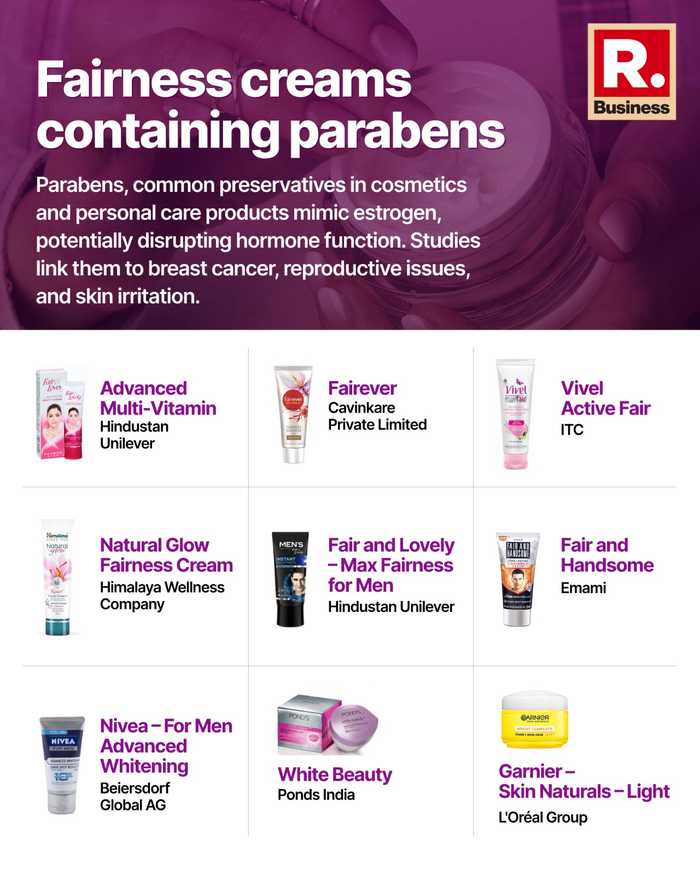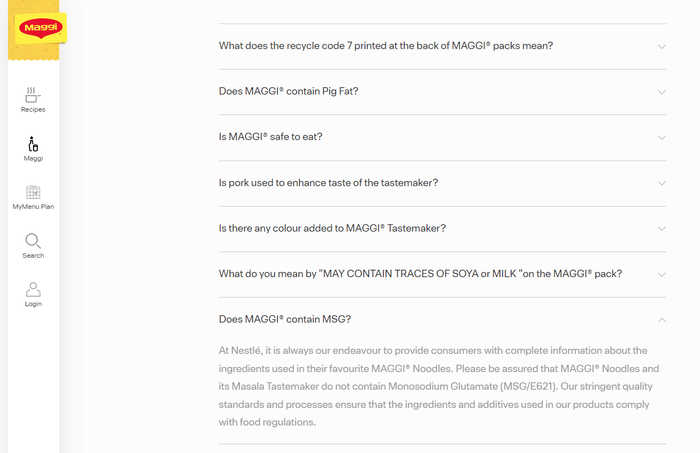Published 10:37 IST, April 14th 2024
According to market experts, food advertising has been a “fairly violative sector” with terms such as natural, fresh, organic, and nutritional used loosely.
Advertisement
Deceptive advertising: The Supreme Court, on Wednesday, dismissed an affidavit submitted by Patanjali, which offered an 'unconditional apology' regarding the company’s misleading advertisements. The court cautioned both Baba Ramdev and the company's MD, Acharya Balkrishna, to prepare for potential consequences.
But this is not the first time that legal authorities had to intervene to restrict misleading ads from FMCG businesses.
Market giants such as Hindustan Unilever, Britannia Industries, Marico, Heinz India, Dabur India, Emami Biotech, Kellogg’s India, and Cadbury India have undergone regulators’ scrutiny for making exaggerated claims in their ad campaigns.
Advertisement
On April 29 2023, the Advertisement Monitoring Committee at the Food Safety and Standards Authority of India (FSSAI) flagged 32 fresh cases of food business operators (FBOs) making fake claims though misleading advertisements.
In 2015, authorities sued Nestle for $100 million over "unfair trade practices", causing damage to consumers through misleading advertisements related to its Maggi noodles.
Advertisement
According to market experts, food advertising has been a “fairly violative sector” with terms such as Natural, Fresh, Pure, Original, Nutritional, and Organic being used often in misleading ads.
‘Nutritional’ drinks for children
In 2023, the National Commission for the Protection of Child Rights asked Mondelez India-owned brand Bournvita to withdraw all "misleading" advertisements, packaging and labels after a viral video claimed that the health drink has high sugar content.
Advertisement
According to the viral video of Revant Himatsingka, he was reading through the content of Bournvita to share that each 100 grams of the ‘health drink’ contained 50 grams of sugar. After the video went viral, Bournvita was forced to reduce the drink's sugar content by 15 per cent.
Children aged 2 to 18 should consume no more than 25 grams (about 6 teaspoons) of added sugar per day to maintain a healthy diet, according to the American Heart Association (AHA).
Advertisement
Now Bournvita contains 37 grams of sugar per 100 grams, while Zydus Wellness’s Complan has 21.8 grams of sugar, and Hindustan Unilever’s Boost and Horlicks have 9.5 grams and 13.5 grams respectively.
According to media reports, the Food Safety and Standards Authority of India (FSSAI) has been working on front-of-pack labelling guidelines to reduce the consumption of junk food. While the regulator published draft guidelines in 2022 recommending foods high in sugar, sodium and trans fat have adequate, prominent disclosures at the front of the pack, these regulations are yet to be implemented.
Advertisement
Fairness creams
In 2015, a consumer court also imposed a penalty of Rs 15 lakh on Emami Limited for “misrepresenting” to the public about its fairness cream for men. According to the claims by Emami, using their face cream makes one ‘fairer.’
According to the "India Fairness Cream & Bleach Market Outlook, 2027-2028" report, the fairness cream market in India will soon be worth more than Rs 10,500 crore. The industry includes Hindustan Unilever’s rebranded Glow & Lovely (previously Fair & Lovely) cream and Emai’s Glow & Handsome with over 80 per cent market share.

Nestle’s instant noodles
The Maggi ban in 2015 stemmed from two violations uncovered by laboratories and regulatory authorities. Firstly, tests revealed that Maggi samples contained lead levels far exceeding the permissible limit, posing potential health risks to consumers. Lead is harmful to health, especially when ingested or inhaled in high amounts.

After the ban, Maggi was relaunched in the market in November 2015 with a FAQ page on the website answering common queries related to MSG | Image credit: Maggi India
This breach of safety regulations raised serious concerns about the product's quality and safety standards. Secondly, Nestle India faced accusations of mislabeling by claiming "No added MSG" on the packaging while failing to meet standardisation norms.
Additionally, the launch and promotion of Maggi Oats Masala Noodles without proper standardisation further worsened the regulatory scrutiny for Nestle. Consequently, in June 2015, the Food Safety and Standards Authority of India (FSSAI) imposed a nationwide ban on Maggi noodles.
Eventually, Nestle India had to recall all its instant noodles from the market and after a 5-month ban, Nestle India relaunched the instant noodles in the market in November 2015.
Britannia’s Milk Bikis
In January 2023, The Advertising Standard Council of India (ASCI) asked FMCG major Britannia Industries to withdraw its Milk Bikis campaign ad that features Amitabh Bachchan.
The campaign claimed that the Milk Bikis biscuits contain the power of milk and wheat flour, which many consumers found misleading, as the Milk Bikkis pack had 27 gm sugar per 100 gm, added artificial flavour milk and inverted sugar syrup.
The campaign was part of a promo for the Junior Kaun Banega Crorepati (KBC) program for which the brand was also a main sponsor.
Dabur Chyawanpras’s COVID-19 ad campaign
The Advertising Standards Council of India (ASCI) has directed Ayurveda giant Dabur to revise or remove an advertisement for Chyawanprash, which claimed to provide protection against COVID-19. The ad, featuring actor Akshay Kumar, asserted that the claim was supported by clinical studies.

Dabur's ad claiming 2 spoons of Chyawanprash daily can protect against COVID-19 | Image credit: Dabur
After strong criticism on social media, ASCI initiated an inquiry following a formal complaint and noted that while Dabur Chyawanprash possesses immunity-boosting properties, there was no evidence to suggest it could safeguard against Coronavirus.
In its findings, ASCI highlighted that the advertisement's claim could potentially be interpreted by ordinary consumers as suggesting that consuming the product would confer protection from COVID-19.
HUL Kissan Amaze’s ‘Brainfood’ claims
In the early 2010s, Hindustan Unilever also attracted another scrutiny for its Kissan Amaze, a malted beverage for children, which according to the company gave 33 per cent of the key brain nutrients required by children daily.
As these claims gained attention, FSSAI had to set up a committee to examine the matter and the committee found there was no scientific truth in the claims made by the company, charging the company with “misbranding” Kissan Amaze. Later the company was found guilty and proposed to change the labelling of Kissan Amaze.
Red Bull does not give you wings
Red Bull, the well-known energy drink brand, had to pay a settlement of $13 million in response to a class action lawsuit alleging deceptive advertising. The lawsuit challenged the credibility of the company's iconic slogan, "Red Bull Gives You Wings," arguing that its energy-boosting claims lacked substantiated scientific evidence.
Red Bull had to change ‘Wings' to ‘Wiiings’ after the lawsuit | Image credit: Red Bull
The complaint was centred around the allegation “that the functional benefits of consuming Red Bull are not superior to the benefits from ingesting an equivalent amount of alternate sources of caffeine, and that consumers have been misled by Red Bull advertising to believe the drink is a superior source of energy beyond caffeine.
19:20 IST, April 11th 2024